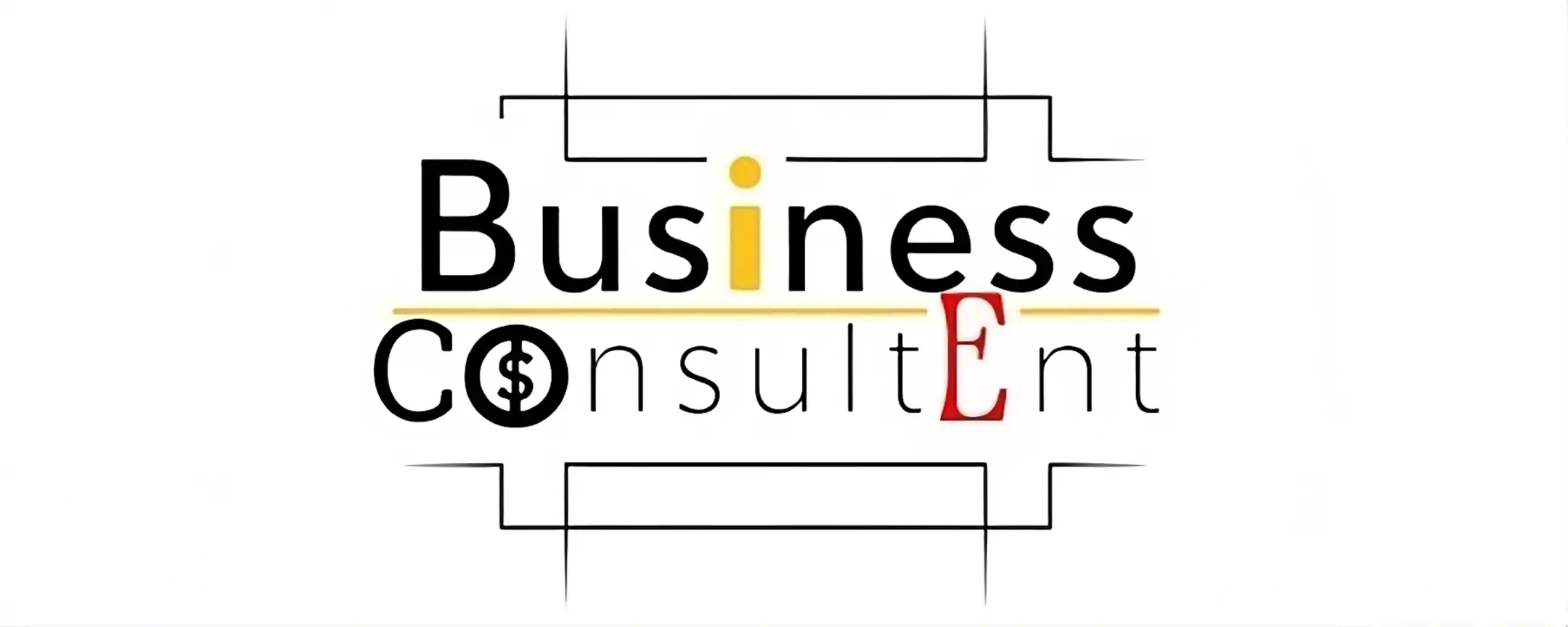What is Franchising?
Franchising is a business model that allows an individual or group (the franchisee) to operate a business using the branding, products, services, and operating system of an established company (the franchisor). The franchisee pays the franchisor fees, which can be an initial fee, ongoing royalties, or a combination of both, in exchange for the rights to use the brand, proven business model, and support. In this post we will talk for them entrepreneurs who want to open a franchise.

Key components of franchising include:
– Branding: The franchisee gains the advantage of an established brand’s reputation, logo, and trademark.
– Training and Support: The franchisor typically offers training programs and ongoing support to ensure consistency across all franchise locations.
– Operating System: Franchisees receive a proven business model, including day-to-day operational processes, marketing strategies, and sometimes supplier connections.
– Territorial Rights: The franchise agreement specifies a geographic area where the franchisee can operate without direct competition from another franchisee of the same brand.
Advantages of Franchising
1. **Established Brand Recognition**: Aligning with a recognized brand can bring instant trust from potential customers, allowing faster business growth.
2. **Proven Business Framework**: The franchise model offers a systematic blueprint that has been tested and proven successful in real-world scenarios.
3. **Ongoing Support and Training**: Franchisors provide ongoing training and operational support, ensuring franchisees are equipped to handle challenges and market shifts.
4. **Access to a Strong Peer Network**: Franchising introduces entrepreneurs to a community of entrepreneurs in similar ventures, allowing them to tap into collective wisdom and best practices.
5. **Innovative Solutions**: Franchisors invest in research and development (R&D) to keep pace with market trends, providing franchisees with fresh offerings without individual R&D overheads.
6. **Centralized Marketing Efforts**: The franchisor’s brand marketing efforts can significantly reduce marketing costs for franchisees compared to independent businesses.
7. **Increased Success Likelihood**: The combination of brand trust and a proven operational model often results in a higher success rate compared to standalone startups.
Challenges of Franchising
1. **Initial and Ongoing Fees**: Franchising comes with an upfront fee to purchase the franchise rights, followed by ongoing royalty fees, which can sometimes feel burdensome.
2. **Limited Autonomy**: Franchisees must adhere to set standards and guidelines, potentially curtailing creative freedom in areas like menu offerings, decor, or services.
3. **Contractual Obligations**: Franchise agreements often come with binding terms, making it complicated and potentially expensive to exit or change business directions.
4. **Shared Reputation**: Negative events associated with other franchisees or the parent brand can indirectly affect an individual franchise.
5. **Operational Restrictions**: Franchisors may dictate specific operational procedures, vendors, or software solutions, limiting flexibility in optimizing operations based on local needs or preferences.
6. **Territorial Limitations**: Franchise agreements might restrict business operations to a specific territory or location, potentially limiting expansion opportunities.
7. **Renewal Agreements**: Franchise agreements have a set term, and there’s no guaranteed renewal upon expiration, which may come with new terms or higher fees.
Is Franchising Right for You?
Assessing your financial readiness, personal aspirations, and pragmatic considerations is crucial in deciding whether franchising is the right path. Consider your comfort level with following established blueprints versus pioneering your own path and how well the brand’s values and ethos resonate with your beliefs and vision.

How to Choose the Right Franchise
1. **Skills and Passion Alignment**: Ensure the franchise aligns with your personal strengths and areas of interest.
2. **Financial Preparedness**: Understand both the initial and recurring costs, including franchise fees, royalties, and other potential expenditures.
3. **Industry Trends**: Stay updated on evolving market trends, particularly those relevant to the restaurant and bar sector.
4. **Reputation Check**: Research the brand’s standing, customer feedback, and reviews from existing franchisees.
5. **Support and Training**: Assess the depth of training provided and the ongoing support you can expect in areas like marketing and operations.
6. **Legal Aspects**: Scrutinize the franchise agreement, understanding your rights, obligations, and any territorial restrictions.
7. **Hands-on Research**: If possible, visit existing franchise locations to get a tangible sense of the business operation and atmosphere.
8. **Trust Your Instinct**: Beyond all research, your personal comfort and gut feeling about the franchise and its leaders are paramount.
The Costs of Franchising
The main fees associated with running a franchise include:
1. **Initial Fee**: Most franchisors charge an upfront fee for the right to operate a franchise, typically ranging from $10,000 to $100,000 or more.
2. **Royalty Fees**: Once the franchise is operational, franchisees pay ongoing royalties, usually a percentage of revenue ranging from 5% to 50%.
3. **Marketing Fees**: Many franchisees must spend a specified amount on marketing each year, typically between 1% and 4% of revenue, to promote their business in the local market.
In addition to these fees, franchisees will also have normal operating expenses such as inventory, equipment, wages, and licenses.

Steps to Starting a Franchise
1. **Self-Evaluation and Research**: Take stock of your strengths, weaknesses, passions, and financial capacity. Research franchise opportunities and industry trends.
2. **Selecting the Right Franchise**: Shortlist franchises that resonate with your interests and market research. Investigate the franchisor’s background, reputation, and financial stability.
3. **Legal and Financial Planning**: Engage legal and financial professionals to scrutinize the franchise agreement and ensure you understand your rights, obligations, and financial viability.
4. **Initial Setup and Training**: Choose a location aligned with the brand’s guidelines and your market research. Participate in the franchisor’s training programs.
5. **Launch and Continuous Improvement**: Plan a launch event or promotional activities to create buzz around your new franchise. Continuously gather feedback from customers and staff, engage with the franchisor and other franchisees to implement best practices and grow your business.
By following these guidelines and understanding the pros and cons of franchising, entrepreneurs can make an informed decision about whether opening a franchise is the right path for their entrepreneurial journey.
Related Content
What must an entrepreneur assume when starting a business?
Things Entrepreneurs Need to Know
What is an Entrepreneurial Process
Resource
https://www.trade.gov/franchising-industry
https://en.wikipedia.org/wiki/Franchising
https://www.statista.com/topics/5048/franchising-in-the-us
https://www.franchise.org/franchising/franchise-industry-research




